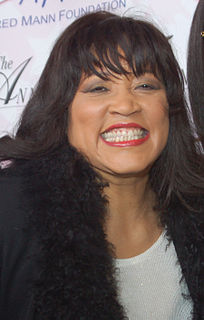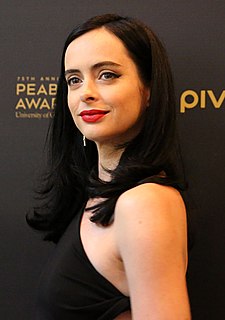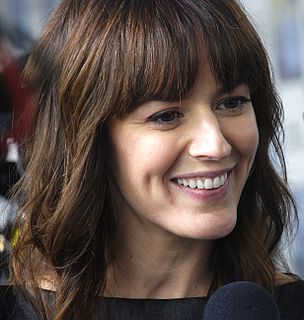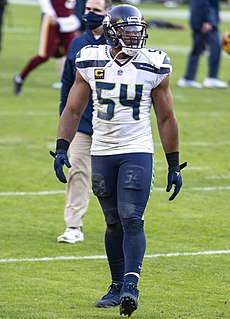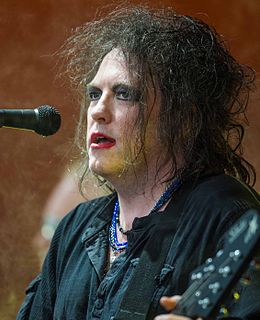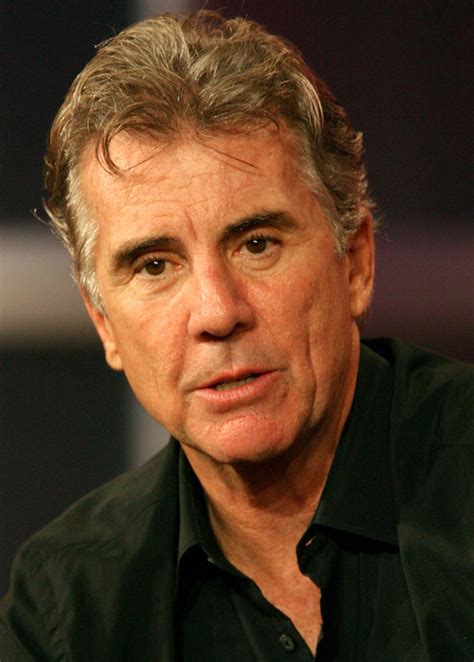A Quote by Philip Seymour Hoffman
When you become a parent, you look at your parents differently. You look at being a child differently. It's an awakening, a revelation that you have.
Quote Topics
Related Quotes
I never wanted to be a mother, and when I got the show I was really upset. I was like "I'm not sexy anymore!" The more you become a mom, you're not sexy, which of course is crap. But that's the way actors look at it. Of course, that's not true now. But everybody expects you to look differently and act differently.
My parents were 30 years older than I was, and my parents had my brother and I ten years apart. My parents grew up in segregation, and they both lived in all-black neighborhoods and grew up with large black families. I didn't have any of that, and I didn't understand feeling so differently and being treated so differently.
I feel like I grew up differently, when you're a child actor you grow up differently, but it's not that different than growing up as, like, a child basketball player who goes to the NBA. There are certain kids who become professionals at a very young age. There's a lot of sacrifice that goes into that.
Conscious parenting is a new paradign shift in the way we look at our roles as parents. It's turning the spot light away from fixing the child and managing the child, obsession with all things that have to do with the child and the child centric approach and really focusing on the evolution of the parent. It about fully understanding that unless the parent has raised themselves to a certain level of emotional integration and maturity, they will really not be able to do true service to the child's spirit.

